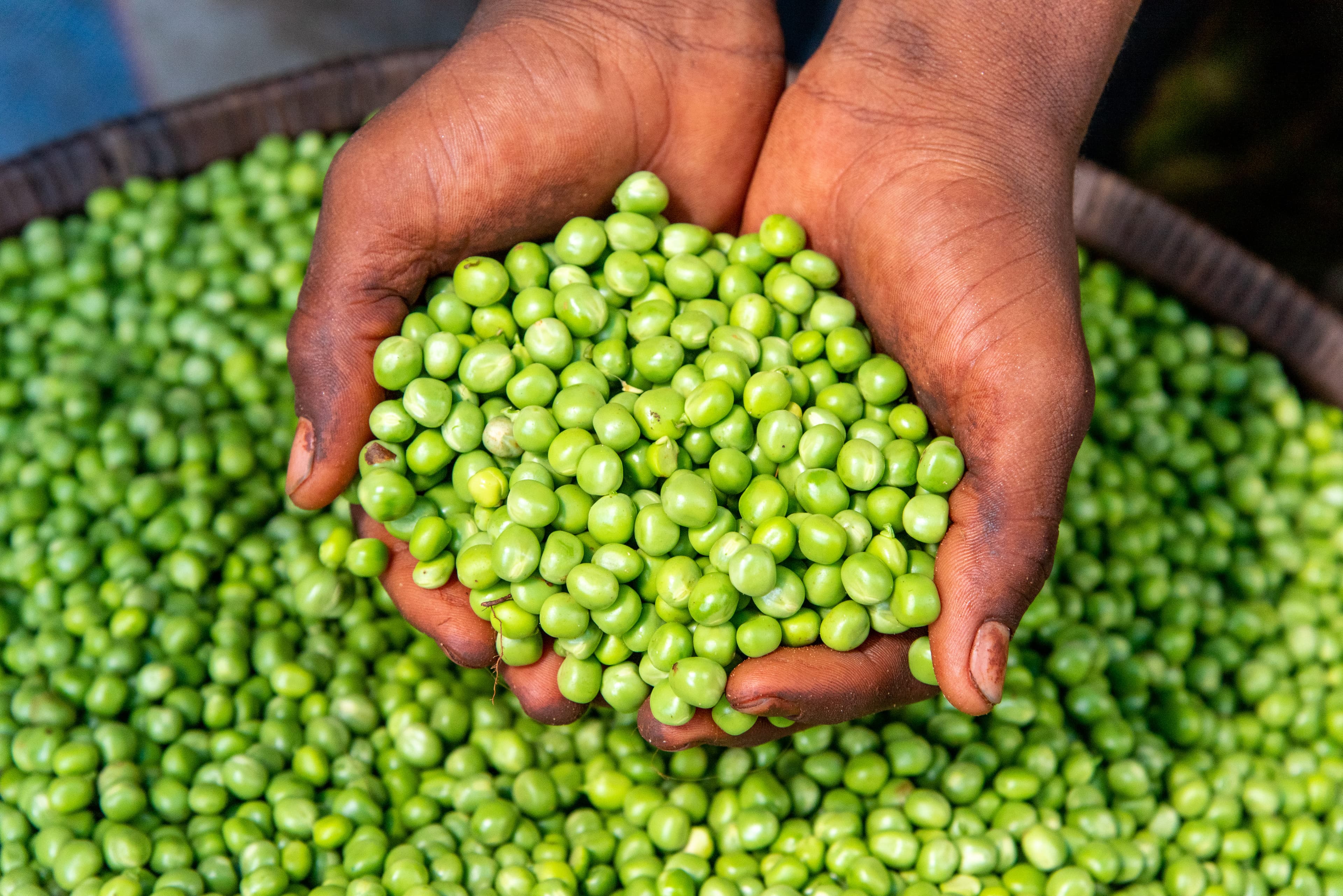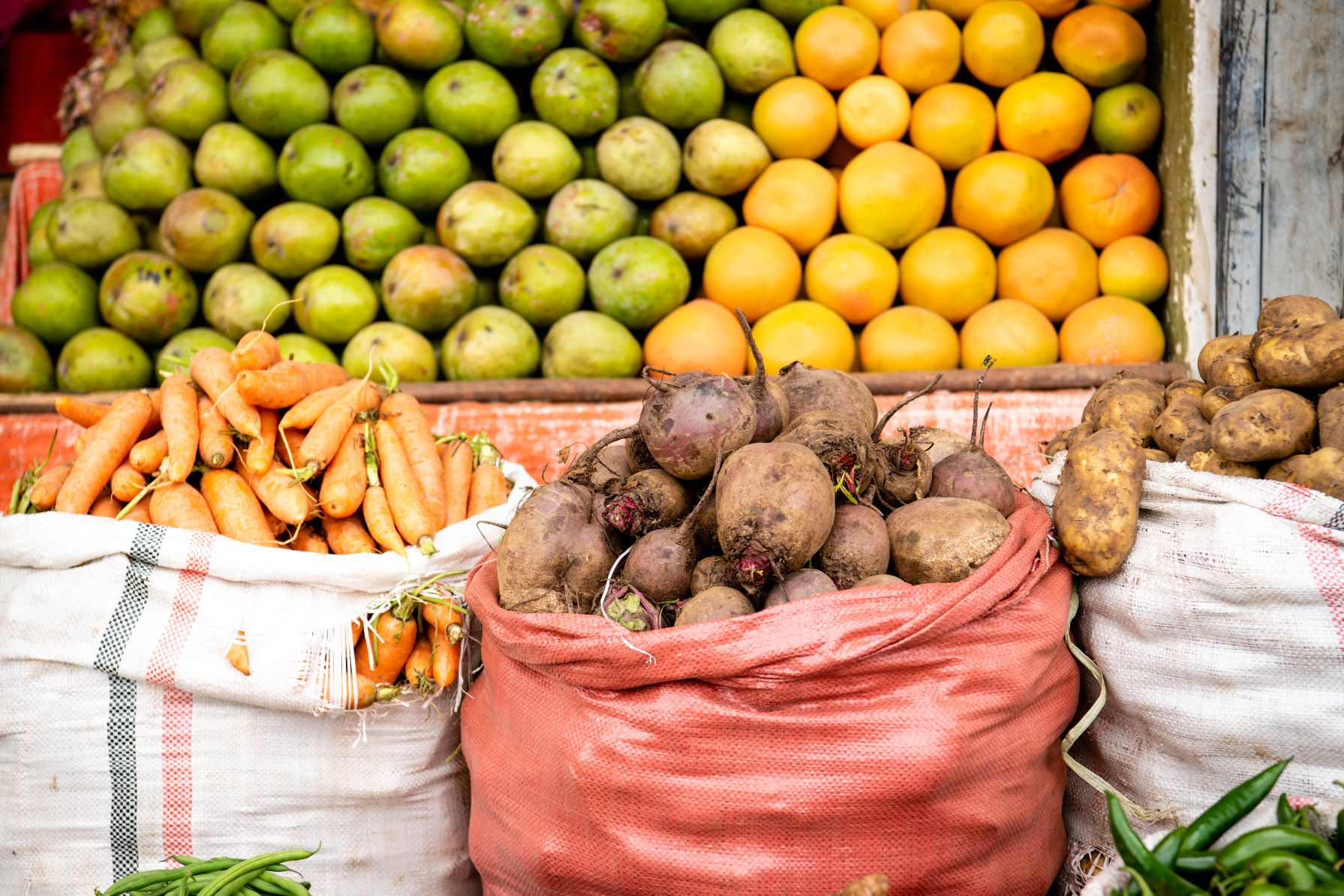
Empowering Nutrition-Focused Investment Decisions
The NutrInvest Tool is a comprehensive assessment framework designed to help investment officers and fund managers evaluate opportunities through a nutrition-focused lens, ensuring both meaningful impact and financial sustainability.





